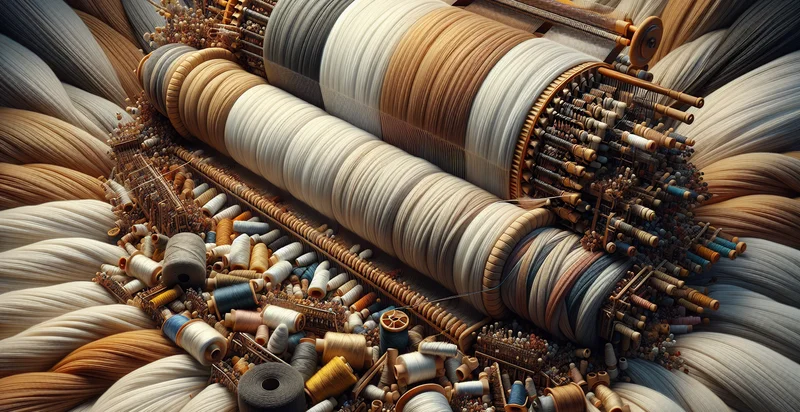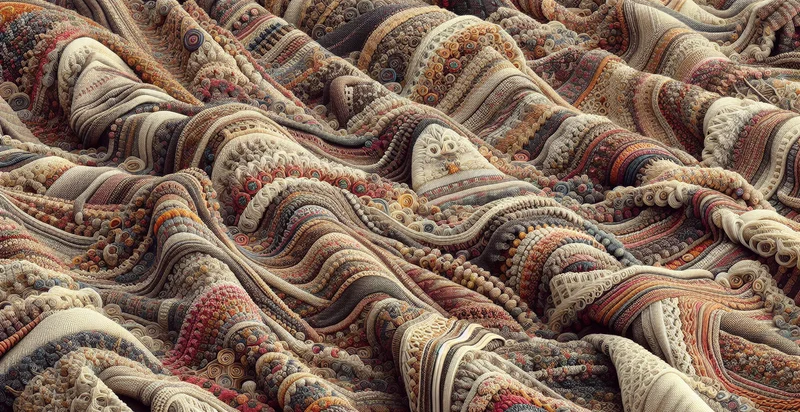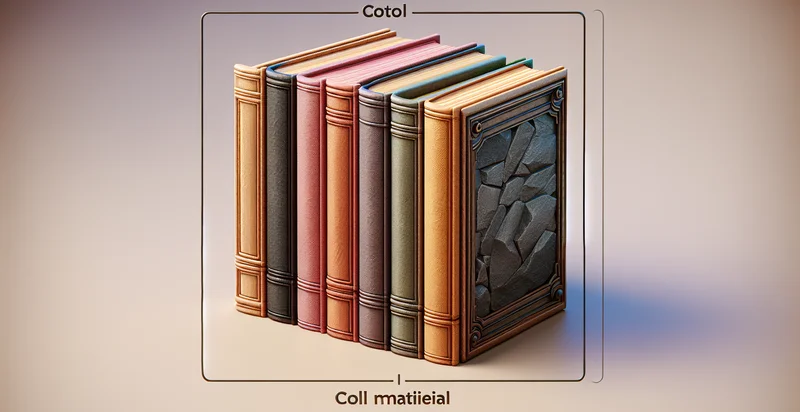Identify what material an apron is made from
using AI
Below is a free classifier to identify what material an apron is made from. Just upload your image, and our AI will predict what material the apron is made from - in just seconds.

Contact us for API access
Or, use Nyckel to build highly-accurate custom classifiers in just minutes. No PhD required.
Get started
import nyckel
credentials = nyckel.Credentials("YOUR_CLIENT_ID", "YOUR_CLIENT_SECRET")
nyckel.invoke("what-material-an-apron-is-made-from", "your_image_url", credentials)
fetch('https://www.nyckel.com/v1/functions/what-material-an-apron-is-made-from/invoke', {
method: 'POST',
headers: {
'Authorization': 'Bearer ' + 'YOUR_BEARER_TOKEN',
'Content-Type': 'application/json',
},
body: JSON.stringify(
{"data": "your_image_url"}
)
})
.then(response => response.json())
.then(data => console.log(data));
curl -X POST \
-H "Content-Type: application/json" \
-H "Authorization: Bearer YOUR_BEARER_TOKEN" \
-d '{"data": "your_image_url"}' \
https://www.nyckel.com/v1/functions/what-material-an-apron-is-made-from/invoke
How this classifier works
To start, upload your image. Our AI tool will then predict what material the apron is made from.
This pretrained image model uses a Nyckel-created dataset and has 25 labels, including Acrylic, Burlap, Canvas, Chiffon, Cotton, Denim, Hemp, Jersey, Leather and Linen.
We'll also show a confidence score (the higher the number, the more confident the AI model is around what material the apron is made from).
Whether you're just curious or building what material an apron is made from detection into your application, we hope our classifier proves helpful.
Related Classifiers
Need to identify what material an apron is made from at scale?
Get API or Zapier access to this classifier for free. It's perfect for:
- Material Quality Assessment: This function can be used in quality control processes by manufacturers to verify if the aprons produced meet specified material standards. By classifying the material, manufacturers can ensure that the products are consistent with quality expectations for durability and suitability.
- Supply Chain Optimization: Retailers can utilize the function to streamline inventory management by rapidly identifying the materials of aprons in stock. This helps in making informed decisions about sourcing, stock levels, and potential issues with material availability.
- Warranty and Care Instructions: Businesses can use this function to provide customers with accurate care instructions based on the material of the aprons. By determining the material type, companies can enhance customer satisfaction with tailored advice on cleaning and maintenance.
- Eco-Friendliness Verification: Companies committed to sustainability can use the function to ensure that their aprons are made from eco-friendly materials. This verification can strengthen their marketing claims and appeal to environmentally conscious consumers.
- Design Customization: Fashion and apparel companies can leverage the function to offer personalized apron designs based on customer preferences for materials. By identifying and classifying materials efficiently, they can enhance the customer experience and drive sales.
- Product Recall Management: In case of a recall due to material-related issues, manufacturers can use this function to quickly identify affected aprons based on their material classification. This ensures efficiency in handling recalls and enhancing overall consumer safety.
- Market Research and Trend Analysis: Businesses can analyze which materials are most popular among consumers by utilizing this classification function. This data can inform design decisions, marketing strategies, and future product development, ensuring alignment with market trends.


